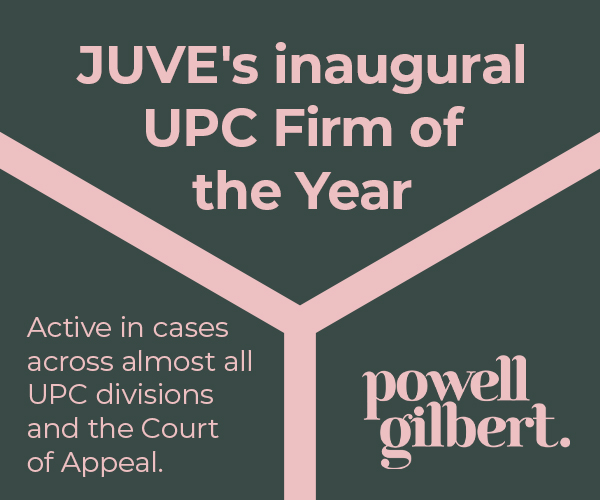So far third-party access to documents only for settled UPC cases
Third-party access to court documents has become an ancillary issue in some UPC proceedings. Mathys & Squire has now achieved a partial victory at the Munich central division. Nevertheless, the decision leaves questions unanswered.
26 August 2024 by Konstanze Richter
In November last year, Mathys & Squire had filed a request for documents under Rule 262.1 (b) of the UPC Rules of Procedure regarding the proceedings between Astellas and Healios, Riken and Osaka University (case ID: UPC CFI 75/2023 and ACT 464985/2023). The firm called on the central division in Munich, where the case was pending, to make available all written pleadings and evidence filed in relation to the case.
Mathys & Squire is not the first party to request access to documents in this case. Previously, in late September 2023, the Munich central division under judge András Kupecz denied another third-party access to documents from the written proceedings (case ID: UPC_CFI_75/2023).
Now, judge rapporteur András Kupecz has granted Mathys & Squire access to the documents regarding the Astellas dispute (ID: App_588681/2023). In its decision, the Munich local division took into account that the original proceedings have meanwhile come to an end.
- András Kupecz
The decision states, “In weighing the interests of the applicant against the interests mentioned in Art. 45 UPCA, once the proceedings have come to an end, as in the present case by way of settlement, the integrity of proceedings is no longer at stake and the balance of interests will normally be in favor of granting access to written pleadings and evidence pursuant to Rule 262.1(b) RoP.”
Conditions of confidentiality
However, third parties may only access the written pleadings and evidence lodged and recorded in the register concerning the case ACT_464985/2023 after personal data has been redacted. Furthermore, the decision states, certain information must be kept confidential.
This means that the question of access to information while proceedings are still ongoing remains unresolved. Moreover, this latest decision does not allow third parties access to all documents.
It is unclear whether one of the parties will appeal the decision.
- Nicholas Fox
- Alex Robinson
- Andreas Wietzke
Nicholas Fox, partner at Mathys & Squire, took the lead with patent attorneys Alexander Robinson and Andreas Wietzke.
In addition, in a dispute between Bitzer and Carrier the team obtained a judgment similar to the one in the present case. Judge rapporteur Paolo Catallozzi of the Paris central division granted Mathys & Squire access because the proceedings had ended.
The Mathys & Squire team also were involved in an appeal in a similar dispute between Ocado and Autostore.
Multiple interventions for transparency
Other parties also requested document access in these proceedings, including London-based Freshfields Bruckhaus Deringer partner Christopher Stothers. He had applied to see the statement of claim in Ocado vs Autostore on the basis of Rule 262 1(b) of the UPC Rules of Procedure.
First the Nordic-Baltic division ruled that, if a person applies for access to pleadings or evidence under Rule 262.1(b), the UPC shall approve the application unless it is necessary that the court keeps the information confidential.
In spring 2024, the Court of Appeal ruled that members of the public will be able to obtain pleadings for the purpose of genuine interest or educational reasons. It has also clarified that the UPC will allow access even where parties have settled or withdrawn cases, since public interest can legitimately arise at any point during or after the course of a case. However, according to the judges, a member of the public or a third party requires a qualified UPC representative in order to gain access to court documents.
According to JUVE Patent research, the UPC has not yet granted access to documents in pending proceedings.





